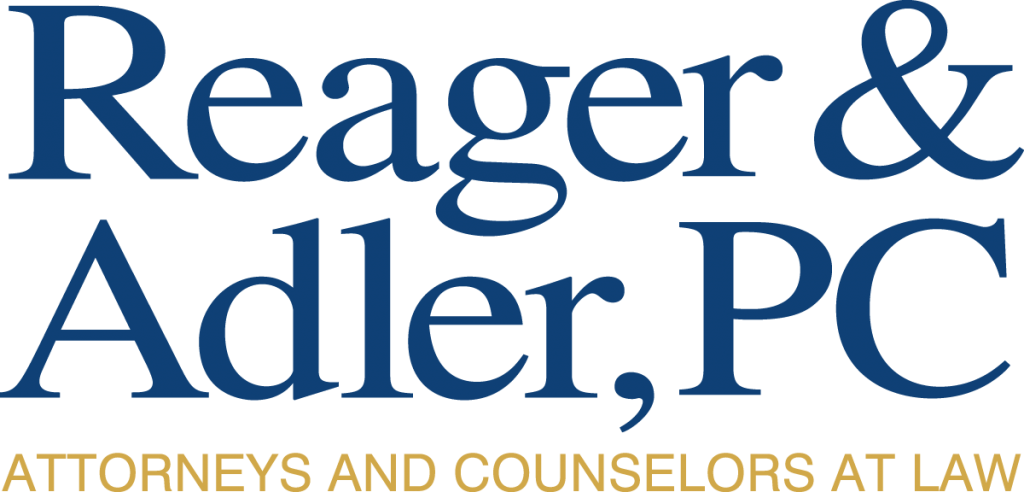 Figuring out how to purchase your first home can seem overwhelming. The first thing to do is get a good understanding of how the process works generally, and ways to prepare yourself for the journey ahead. First, it’s time to do some “house cleaning” by getting your finances in order and understanding the journey you’re about to embark on.
Figuring out how to purchase your first home can seem overwhelming. The first thing to do is get a good understanding of how the process works generally, and ways to prepare yourself for the journey ahead. First, it’s time to do some “house cleaning” by getting your finances in order and understanding the journey you’re about to embark on.
House Cleaning
Before even reaching the purchasing process itself, some “house cleaning” is in order (pun intended). The following are some preliminary items you may want to address and be aware of before starting the purchasing process for a property:
- Your credit score is an incredibly important factor in determining how much you can borrow and at what interest rate. Look at your credit history and see if there is any debts you may owe or things that are negatively impacting your credit, like making late payments each month on your electric bill for example. Take the time now to address any debts or payment issues as best you can and get things taken care of. By cleaning up your credit score or building good credit history, you will be more likely to borrow more at a lower interest rate.
- Avoid Private Mortgage Insurance (PMI). PMI does not add any value to your home and is an additional cost each month that should be avoided if possible. See A Guide to Private Mortgage Insurance (PMI) (investopedia.com) to learn more about PMI.
- You will also want an emergency fund in place, typically at least 3-6 months’ worth of monthly expenses (utilities, mortgage, fuel, food, etc.), before buying your first home.
- If you can, get pre-qualified for a mortgage. You can begin looking at homes during this time, however, it is recommended that your finances be in order before you get pre-qualified for a loan.
- Build your credit score. Avoid making any major purchases during your credit building / credit cleanup process – this will have a substantial affect on your credit score.
- Shop around for lenders. Last but not least, it is critically important to understand that you do not need to work with any specific lender. You can shop rates and fees with however many lenders you would like, however be mindful of hard credit inquiries that may affect your credit. See Shopping for Mortgage Rates (investopedia.com).
Where to Begin?
Once your finances are in order and you have a good understanding of your credit and financial standing, it’s time to find the property you’re looking for. Usually this is when buyers seek out and engage with realtors and brokers to form a relationship and start looking on the Multiple Listing Service (MLS) for properties. See What Is the MLS? (realtor.com) for a deeper explanation of what that is. The following is a brief outline of how the process works:
- Step One – Find a Realtor. Start with asking for recommendations from friends and family. However, be alert to the fact that some agents represent a seller’s interests and owe a fiduciary duty to the seller and not the buyer. Make sure you have a buyer’s agent relationship with your realtor in writing. Usually this is reflected in a formal contract/document stating that the realtor has a fiduciary duty to the buyer and not the seller or anyone else.
- Step Two – Choose a Lender. As was mentioned above, shop lenders, look for the best rate on the best terms. Your realtor may recommend a lender, but that does not mean that you must go with that lender. We recommend speaking with at least three to get a feel for what’s possible and who has the best terms and rates.
- Step Three – Mortgage Pre-Approval. Although you only need one pre-approval from one lender, you should shop for several and get the best terms.
- Step Four – Home Wish-List. Once you figure out your house buying budget after your pre-approval, it’s time to narrow down what aspects of a potential home you’re looking for that fit within your budget, like square footage, a pool, acreage, layout, school district/location, etc. This is also a good time to pay close attention to taxes – how much will the property and school taxes be at a potential location? This is an often-overlooked expense that you need to be aware of as a homeowner.
- Step Five – Search for a Home. Now it’s time to look at the houses with your realtor – make sure to pay close attention to the home, don’t be in a rush, and try to go on a rainy day if possible to see how water mitigation works at that property.
- Step Six – Make an Offer. Once you have found the right property and you have determined what you are willing to pay for the home, make an offer, which includes what is called an “earnest money deposit.” For a more detailed explanation of what an earnest money deposit is, please see our blog on this topic: Earnest Money Deposits on Real Estate
- Step Seven – Going “Under Contract” (Pending Sale). If your offer is accepted, you’ll enter into an agreement of sale with the seller of the property. This is called being “under contract,” meaning, so long inspections are satisfactory, and buyer has obtained a final mortgage approval, the parties are now ready to close (meaning complete the agreement and transfer ownership to buyer.)Note that you should not waive inspections, and your realtor should encourage that you do your due diligence, meaning that you have properly inspected the home, boundaries, etc., before closing on the home. This may also require the assistance of an attorney in some situations. If you have a mortgage, your lender will require that you have homeowners’ insurance before closing. Shop around and find the best rates – you are not required to buy homeowners insurance from your mortgage lender. Review the seller’s disclosure statement (which is required by Pennsylvania law) and make sure you have a good understanding of the property’s features, like how old the roof is, any notable plumbing or water leak issues, etc. Sellers must disclose material defects in Pennsylvania. See our article Earnest Money Deposits on Real Estate for a more detailed explanation of what must be disclosed.
- Step Eight – The Closing. Once all the conditions of the agreement of sale are satisfied, it’s time to close on the property, meaning, to complete the sale. This is where the assistance of an attorney is highly recommended as they can provide counsel in the following areas:
- Assistance with title insurance
- Providing a thorough and complete title search to ensure there are no liens, encumbrances, or disputes over the property
- Communication between parties
- Last minute review of all pertinent documents
Post-Closing
Once you close on your home, that’s it! You now own the property. After closing, be sure to pay close attention to any potential material defects with the property that the seller likely knew of or did not disclose. You may also want to consider addressing your estate matters now that you have purchased a substantial asset.
Buying a home is statistically the largest purchase most people will make in their lifetime. The legal team at Reager & Adler, P.C. can help you understand, mitigate, and avoid the risks and pitfalls of complex real estate transactions. If you need counsel to represent your interests in any real estate transaction, don’t hesitate to contact the trained legal team at Reager & Adler, P.C. today for a confidential consultation and to learn more.
 2331 Market Street
2331 Market Street
Camp Hill Pa. 17011
(717) 909-6948
contact@reageradlerpc.com

